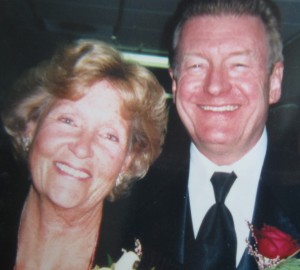For several days now, my 7 grandchildren have been at my house making all kinds of racket and having all kinds of fun. Even though they’re only aged 4, 3, 2, 2, 2, 9 months, and 7 weeks, these young cousins (who live far from each other most of the time) are establishing sweet relationships, and it’s a joy to watch.
Today I saw 2 two-year Micah and Thomas wobble down the stairs hand-in-hand, chattering (simultaneously) about the toys they were going to find in the basement. Then 4 year old Skylar and 2 year old Evelyn joined forces to “help” Birgitta change Emerald’s diaper, adding kisses, head-strokes, and 12 extra wipes to the routine. This afternoon Nick and Skylar successfully completed an art project without bickering, and all of them regularly stop to pat crawling Autumn on her head.
Overall, the compatibility is impressive, at least most of the time. But then there are those moments of frustration, fatigue, and unadulterated, me-first selfishness when eruptions come lightning fast and pleasant children melt-down in seconds.
But there’s something much worse than screaming fits. Somewhere between harmony and discord lies the miserable zone of murmuring.
The word “murmur” is an example of onomatopoeia, a word that sounds exactly like its definition. To murmur is to whine or complain about something in an irksome tone, not especially loud or soft but droning on and on, with no end. And during these happy days at my house, we’ve also had big doses of murmuring.
But murmuring is nothing new. The children of Israel did it while following Moses through the wilderness, murmuring about being hungry, thirsty, about their leaders, about leaving Egypt, about the challenges of war, and about most of what God told them to do.
They weren’t the only ones, though. Years later the Scribes and Pharisees of Israel murmured against Jesus and also against his disciples. But New Testament believers murmured, too. None of us can justify pointing a finger.
Except God, that is.
God never murmurs and is disappointed when any of us do it, whether we’re 2 years old, 22, or 102, and he links his displeasure with punishment. As a matter of fact, the children of Israel weren’t allowed to enter The Promised Land for only one reason: their murmuring.
This afternoon Linnea tried to cope with a murmuring toddler as we talked about how difficult it was to listen to steady whining. Then she said, “But I guess since I’m complaining right now, I’m doing it, too.” We all whine sometimes, but God has the same opinion about it today as he did thousands of years ago.
So what can be done? How can we be good examples of “murmurlessness” in front of our children and grandchildren when complaining comes so naturally? Tomorrow Nate is going to give us the answer.
“Do all things without murmurings and disputings, that you may be blameless and harmless, the sons of God, without rebuke.” (Philippians 2:14-15)







